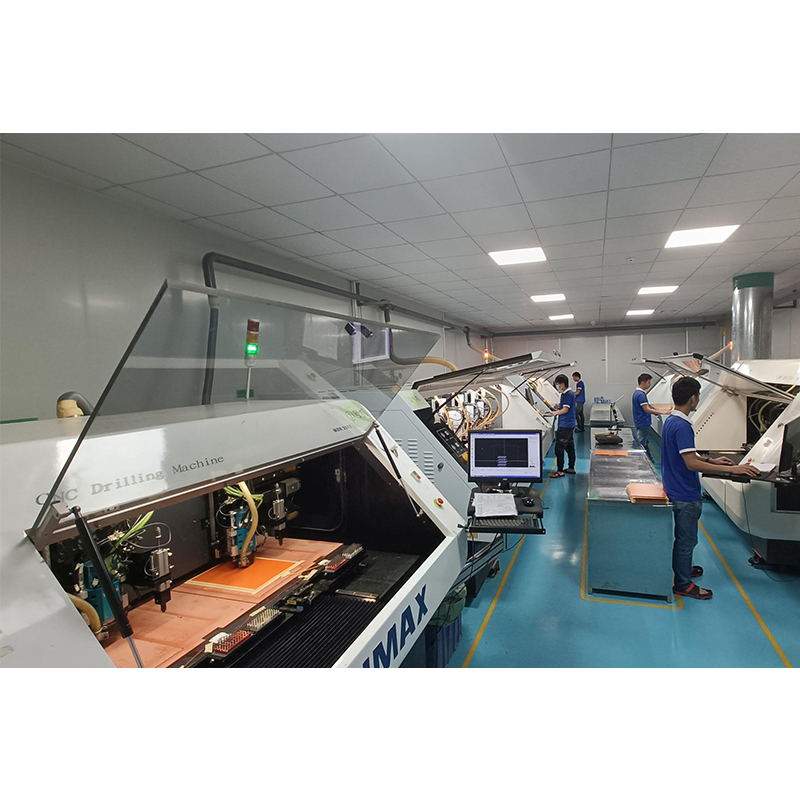Introduce:
In today’s fast-paced technological era, electronic devices are becoming smaller and more powerful, and have penetrated into every aspect of our lives. Behind the scenes, printed circuit boards (PCBs) play a vital role in providing connectivity and functionality to these devices. For many years, traditional rigid PCBs have become the norm; however, the emergence of flexible PCBs has opened up new possibilities for miniaturization and design versatility. But can these flexible PCBs meet the demanding needs of high-temperature environments? In this blog post, we will explore the capabilities, limitations, and potential applications of flexible PCBs in extreme high temperature conditions.
Learn about flexible PCB:
Flexible PCBs, also known as flex circuits or flex boards, are designed to provide connections within electronic devices while being able to bend, twist and conform to non-flat surfaces. They are made from a combination of advanced materials such as polyimide or polyester film, copper traces and protective adhesives. These components work together to form flexible and durable circuits that can be shaped into a variety of configurations.
Working in high temperature environment:
When considering using flexible PCBs for high-temperature environments, one of the main concerns is the thermal stability of the materials used. Polyimide is a common material used in flexible circuit construction and has excellent heat resistance, making it ideal for such applications. However, one must consider the specific temperature range that the PCB needs to withstand and verify that the chosen material can withstand it. Additionally, some components and adhesives used in flexible PCB assembly may have limitations on their operating temperatures.
To deal with thermal expansion:
Another key factor to consider is the effect of thermal expansion in high temperature environments. Electronic components, including chips, resistors, and capacitors, expand or contract at different rates when heated. This can pose a challenge to the integrity of the flexible PCB, as it must be able to adapt to these changes without affecting its structural stability or electrical connections. Design considerations, such as incorporating additional flex areas or implementing heat dissipation patterns, can help mitigate the effects of thermal expansion.
Flexible applications in high temperature environments:
While high temperature challenges present obstacles for flexible PCBs, their versatility and unique properties make them an ideal solution in certain specific applications. Some of these potential applications include:
1. Aerospace and Defense: Flexible PCBs can withstand the extreme temperatures typically encountered in aerospace and defense applications, making them suitable for use in satellites, aircraft, and military-grade equipment.
2. Automotive industry: As the demand for electric vehicles (EVs) continues to grow, flexible PCBs offer the possibility of integrating complex circuits into small spaces within vehicle engine compartments that are prone to high temperatures.
3. Industrial automation: Industrial environments often have high-temperature environments, and machines generate a lot of heat. Flexible PCBs can provide durable, heat-resistant solutions for control and monitoring equipment.
In conclusion:
Flexible PCBs have revolutionized the electronics industry, giving designers the freedom to create innovative and compact electronic devices. Although high-temperature environments bring certain challenges, through careful material selection, design considerations and thermal management technology, flexible PCBs can indeed meet the needs of use in such extreme conditions. As technology continues to advance and the demand for miniaturization and adaptability continues to increase, flexible PCBs will undoubtedly play a vital role in power supply equipment for high-temperature applications.
Post time: Nov-01-2023
Back







